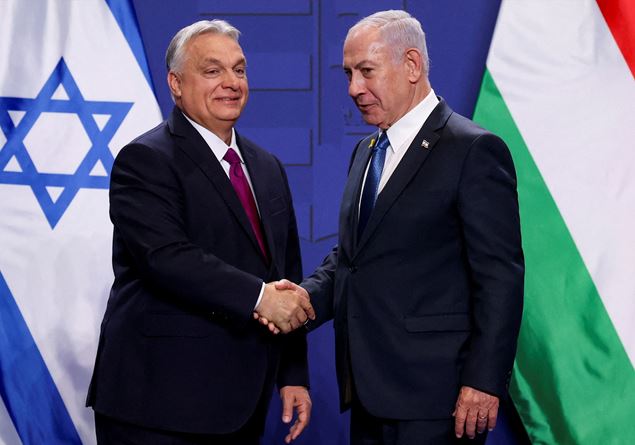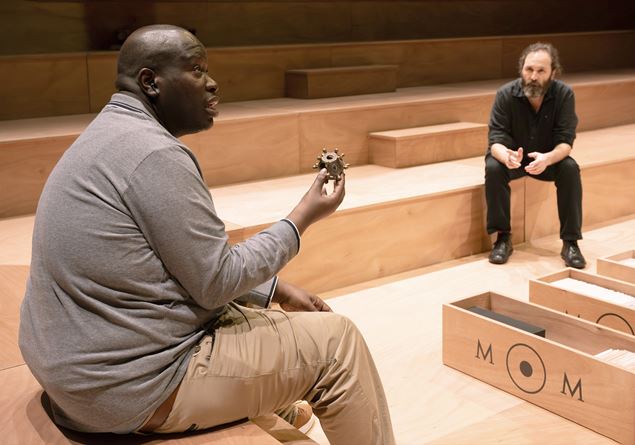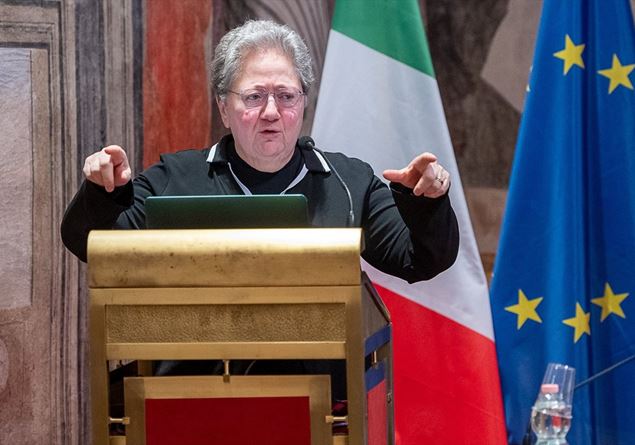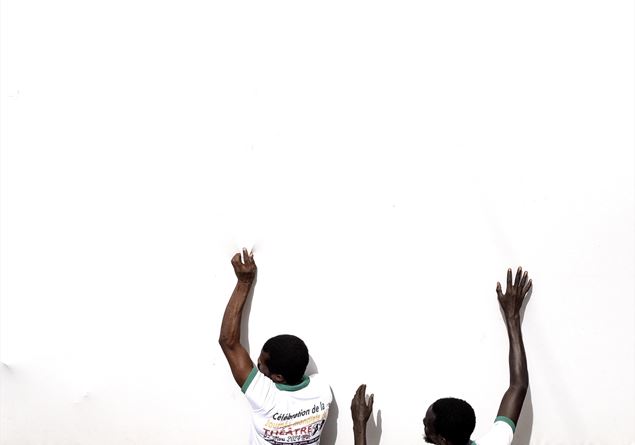The new proposal for the 2024/25 season of the Piccolo Teatro this time unwinds the threads beyond the historical horizon, pivoting the key to the past and developing it towards the future. Memory of mankind, “the memory of humanity”, the show by Marcus Lindeen which will be staged at the Teatro Studio Melato from 15 to 18 January, is a sui generis project that is inspired by the work of the same name by the Austrian ceramist Martin Kunze, conceived thirteen years ago: in an Austrian salt mine, the artist collected testimonies, experiences, information printed on ceramic tablets. The project aims to create ua “time capsule of our era”, open to collective participation. «The idea that the digital age will not allow us to preserve our memory for a long time and future generations will not have access to what we create today, to the ideas we have» says Kunze «has triggered the need to preserve this memory. To quote Humboldt: only those who know their past will have a future”. Reading the news on New York Timesthe Swedish author, director and playwright Marcus Lindeen decided to tell it and make an entire show out of it: «I asked myself “how can our life experience be summarized today for those who will know about it in thousands of years? What should we keep? Who gets to choose what to keep? So I contacted Martin, did an initial interview with him and then went to visit him in Austria. I did a lot of research on his project. At the beginning he collaborated with museums and universities to collect as many materials as possible, but then he realized that science was not enough and therefore opened the archive to private events and stories» says Lindeen « this touched me a lot because it forced me to reflect on how I would summarize my existence if I had to put it on a tile measuring twenty by twenty centimeters. In the show, which occupied me for over two years, there is an actor who plays the archivist, Martin himself, and on stage there are actually the tiles from the museum. There are also other characters who question memory and amnesia from different perspectives. There is another documentary story about a person who suffers from a particular form of amnesia: his brain promptly shuts down and erases what he had retained. So he talks about his own personal existence and highlights Martin’s project as a particular way of working on memory and thinking about the loss of memory.”
There are numerous non-professional actors on stagewhose stories closely connected to the project were carefully chosen and found by the person who took care of the casting. The one who will play Martin Kunze, for example, will be the astrophysicist and cosmologist Jean-Philippe Uzan who wants to build an archive of human knowledge on the moon. It is a different archive but with similar purposes. The scientist therefore plays Kunze but is influenced by his own personal experiences.
There will also be the tablet of an oncologist, interviewed by Lindeen, who wanted to write the recipe for grandmother’s gingerbread, «because he wanted to give the memory of something simple, cheerful, because in the future people will find themselves in the mine to eat biscuits.”
The director of the Piccolo Claudio Longhi concludes: «Continuing to explore the potential of a documentary theater that mixes reality and invention to shape narratives in close contact with the public, Memory of Mankind goes up to the threshold of that particular form of oblivion which, according to Nietzsche, allows one to “transform and incorporate past and foreign things, to heal wounds, to replace lost parts, to reshape broken forms within oneself. (…) “What does not what is historical and what is historical are equally necessary for the health of an individual, of a people and of a civilization.”










